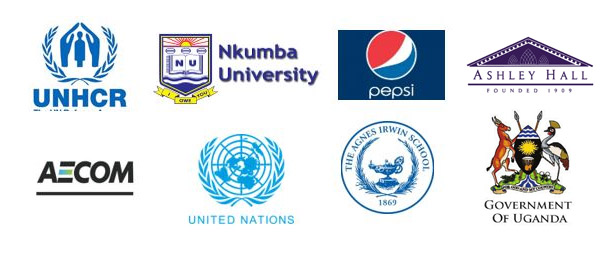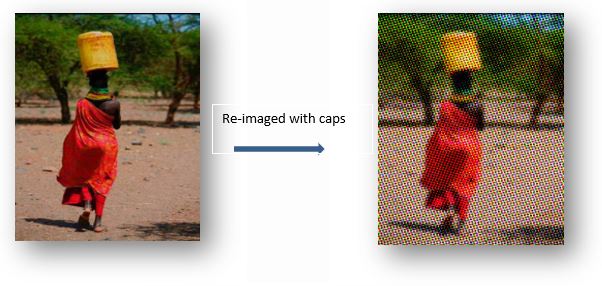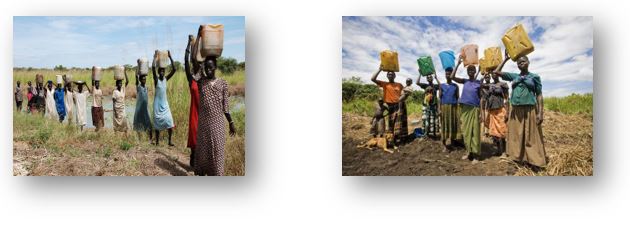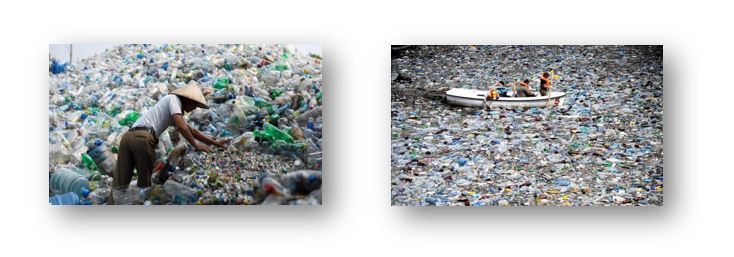Through the actions of artists, academics, engineers and creatives, the Water Day Project (WDP) aims to facilitate research on and promotion of the sustainability of clean water, the advancement of gender equality and the preservation of the environment. Under a symbolic umbrella of global partnerships, the WDP will further academic study, fuel international economic development and advance the understanding of social concerns through a spirit of collaboration. The WDP organizers have selected Nkumba University in Entebbe, Uganda as one of the primary universities to take the lead in the academic initiatives of this project. Synopsis: The WDP plans to create a large outdoor art installation around the theme of women and their association with water in the developing world.
Based on an original work of art by Ugandan Artist: Eric Gayi - https://www.instagram.com/erimarz_art/?hl=en - the WDP team will realize a large public installation composed of 100,000 + multi-coloured water bottle caps embedded on the grounds of Nkumba University in Entebbe, Uganda. This installation will also be displayed at Kiryandongo UN Refugee Settlement in central Uganda at a space know as: Cluster E / Ranch one (former food distribution centre) - adjacent to the Women Friendly Centre. The installation will take place in November. 2024.
The Water Day Project supports the United Nation’s Sustainable Development Goals:
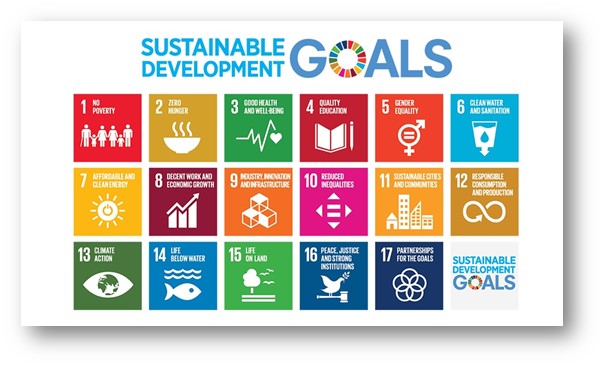
Four Elements Comprise the Water Day Project
- Artmaking
The WDP pays homage, in part, to the 19th century American illustrator and printer Benjamin Henry Day Jr. In 1879, Benjamin Day Jr. created a new printing process commonly known today as Ben-Day dots. Ben-Day dots gained prominence, world-wide, with the printing of comic books in the 1950’s and 1960’s. Many artists have since been inspired by this innovative approach to printing. In our project, the Ben-Day dots effect will be achieved using approximately 100,000 + multi-coloured water bottle caps.
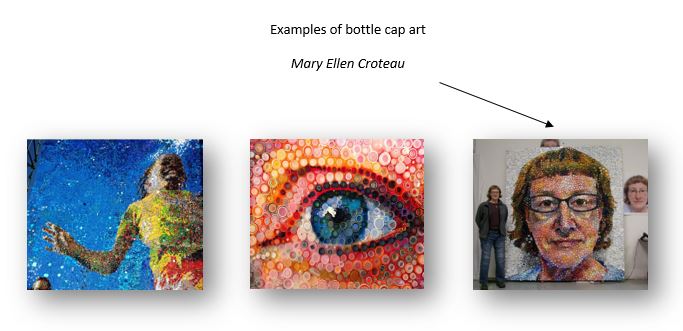
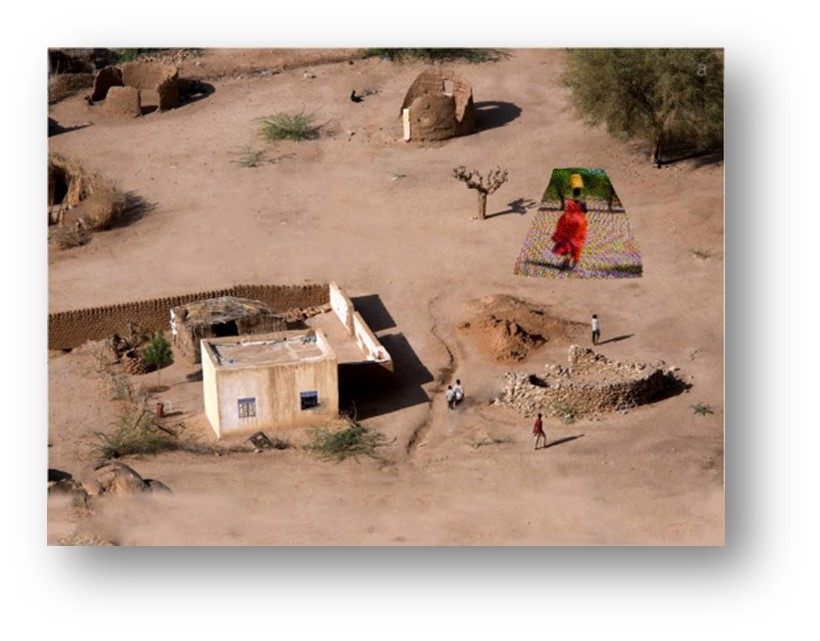
Imagined bottle-cap art
The theme of Eric Gayi's art will focus on women and their association with water in the developing world. Our team of students, professors, project organizers, and Kiryandongo UN Refugee Settlement residents will then re-imagine and re-create this work of art using approximately 100,000 bottles caps as small dots of colour, embedded in the ground.
- Gender Issues:
In many developing countries around the world, water is collected from wells or boreholes - which can be located great distances from the home; women and girls are often the primary carriers of this water. On refugee settlements, gender based violence can occur when women and girls are gone for too long, in attempts to gather water. Not only can wells or bore holes be located great distances from homes, but when reached, lengthy cues can create long wait times to collect water. Through academic research and project based inquiry, the WDP will explore issues of water insecurity and gender disparity.
- Water:
The UN estimates that 2.1 billion people do not have access to safe, clean drinking water. Current research also indicates that micro plastics are also being discovered within bottled water. Through academic research and project-based inquiry, the WDP will explore these issues of water equity.

- The Environment: One million plastic bottles are being produced every minute on Earth. Plastic bottles are choking our lakes, rivers, oceans and landfill sites. Plastic bottle production is fast becoming an environmental crisis on par with climate change. Paradoxically, water in plastic bottles plays a vital role in the developing world, providing access to clean water. Through research and project-based inquiry, the WDP will explore issues of plastic waste and the adverse effects to our planet.
Engineering & Graphic Design:
The Water Day Project is collaborating with engineers at AECOM, the world’s largest engineering firm. AECOM will act as an advisor to the WDP as we collaborate with local engineers and engineering students in Uganda. We will use the latest software and GPS technology to assist in creating the massive image - using 100,000 + coloured, water bottle caps.
*We are proud to be partnered with Pepsi who will be donating 100,000 used plastic bottle caps for the installation at Nkumba University and Kiryandongo UN Refugee Settlement in Central Uganda.
K-12 Education:
The Water Day Project is proud to be partnering with Agnes Irwin School in the Greater Philadelphia Area and Ashley Hall in Charleston, South Carolina.
Ms. Cintra Horn, Assistant Head for Student Affairs for Ashley Hall, will be exploring the facilitation of a student-led curriculum for the WDP through the International Coalition of Girls' Schools. In time, our goal is to have the Water Day Project imbedded within curricula around the world.
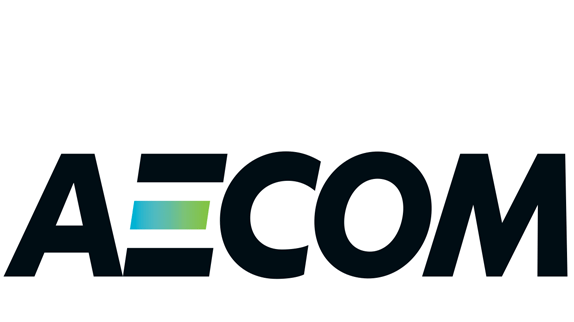
Image capture:
State of the art drone technology will assist us in capturing an aerial, high-definition image of the art installation. This image will be used, in some capacity, to raise funds and awareness for Kiryandongo UN settlement and gender studies at Nkumba University. We are also committed to ensuring the bottle caps are recycled in a unique and meaningful way.

Going the distance
In this first installation, our team will establish the Water Day Project at Nkumba University in Entebbe, Uganda. We will then transfer the installation for display at Kiryandongo Refugee Settlement in Central Uganda. The work done in Uganda, will enable us to create an NGO and move forward with future installations. Our goal is to create awareness, foster education and raise funds towards issues of gender, water and the environment. In the future, the plastic water bottle cap will be seen as a symbol for these global issues. Our vision is to establish the Water Day Project, alongside the UNHCR, in numerous countries around the globe.
Kiryandongo UN Refugee Settlement: March 21 - 22, 2022
The following six photos were taken during our official two day visit to Kiryandongo UNHCR Refugee Settlement, Uganda. During our stay at Kiryandongo, we were able to meet with UNHCR administration and establish a team of community leaders to work with us on the implementation of the installation. We were also able to establish the site of the installation at Cluster E / Ranch 1 - the former food distribution centre (adjacent to the Female Friendly Centre)
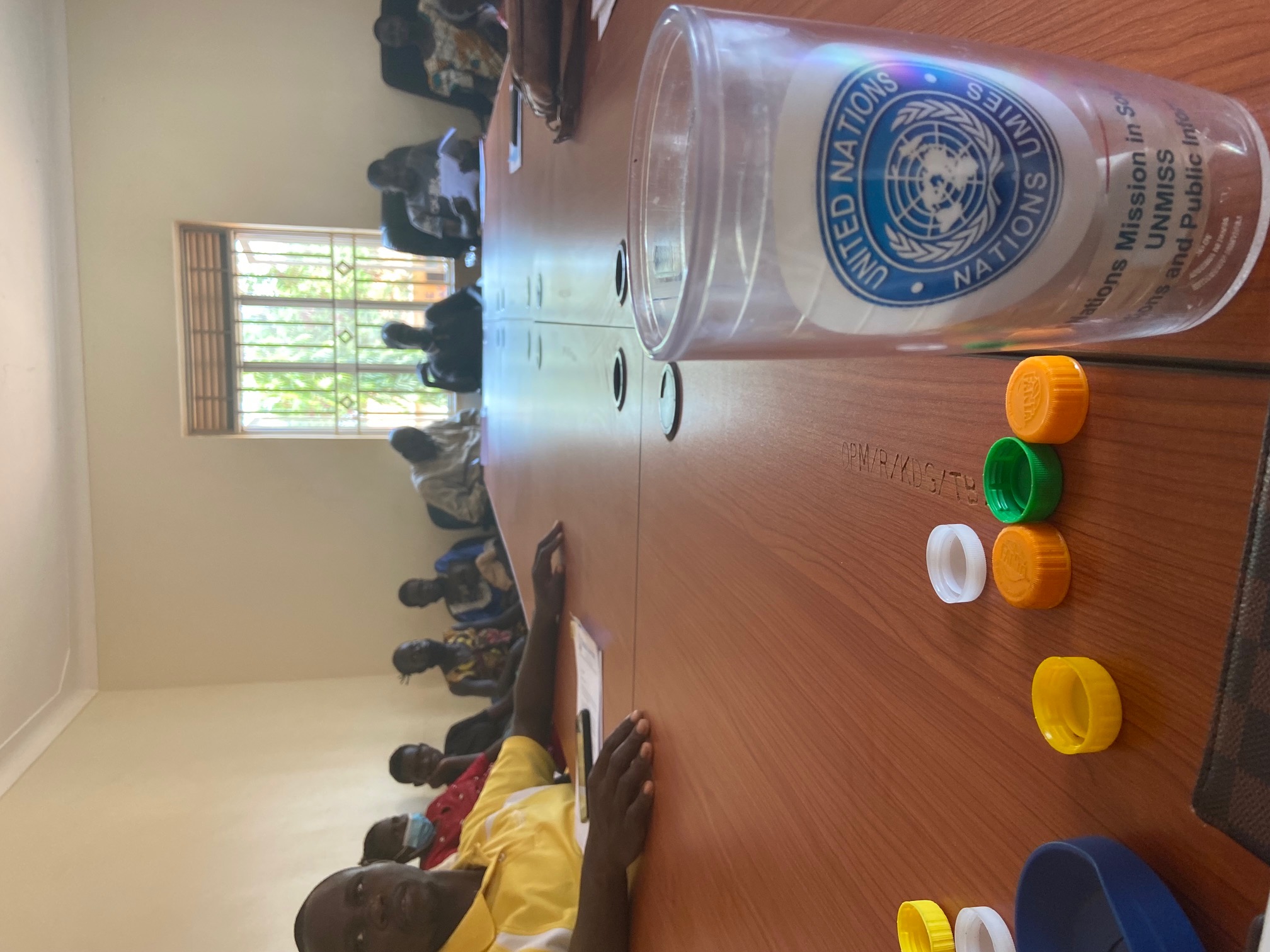

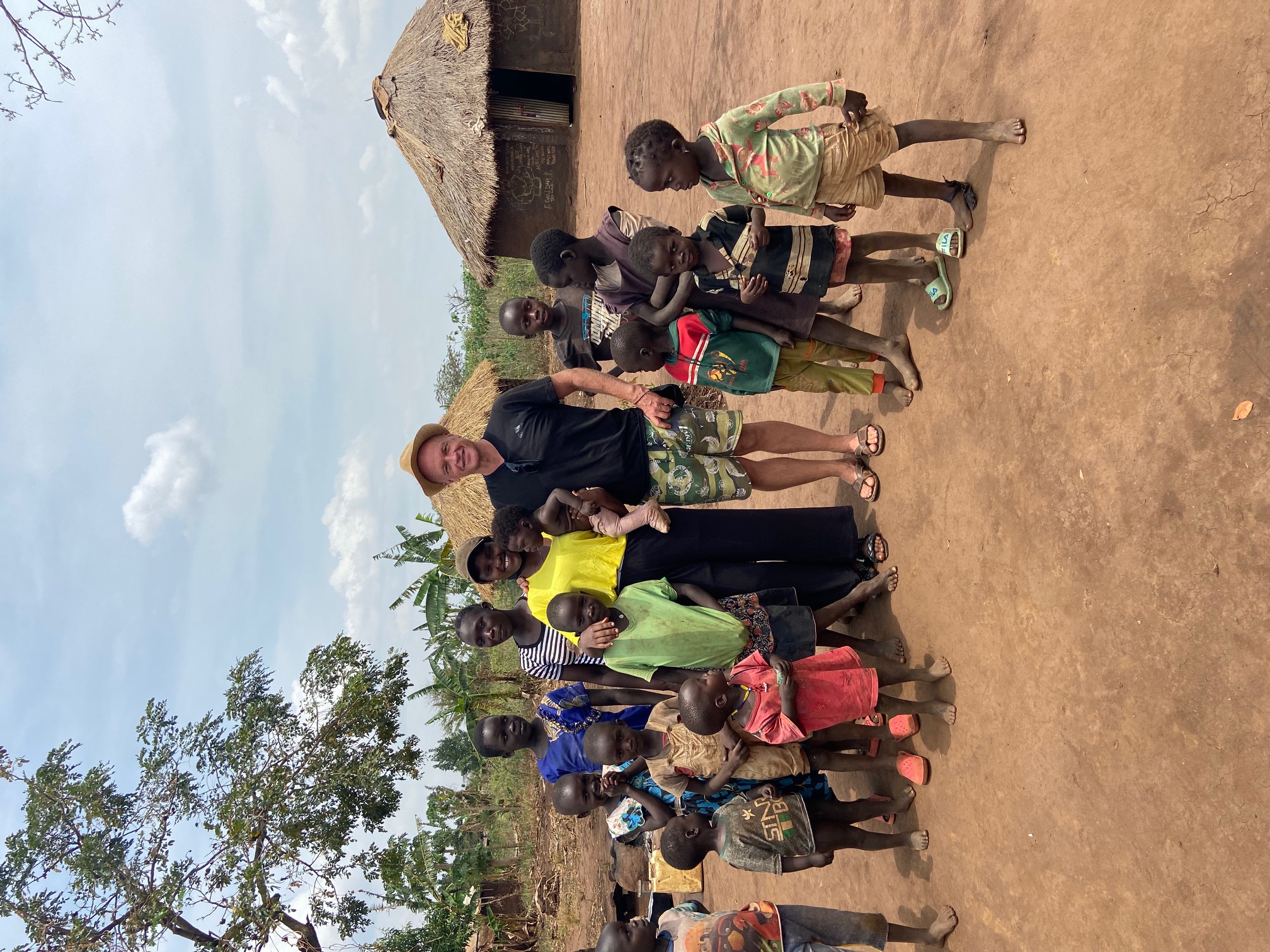
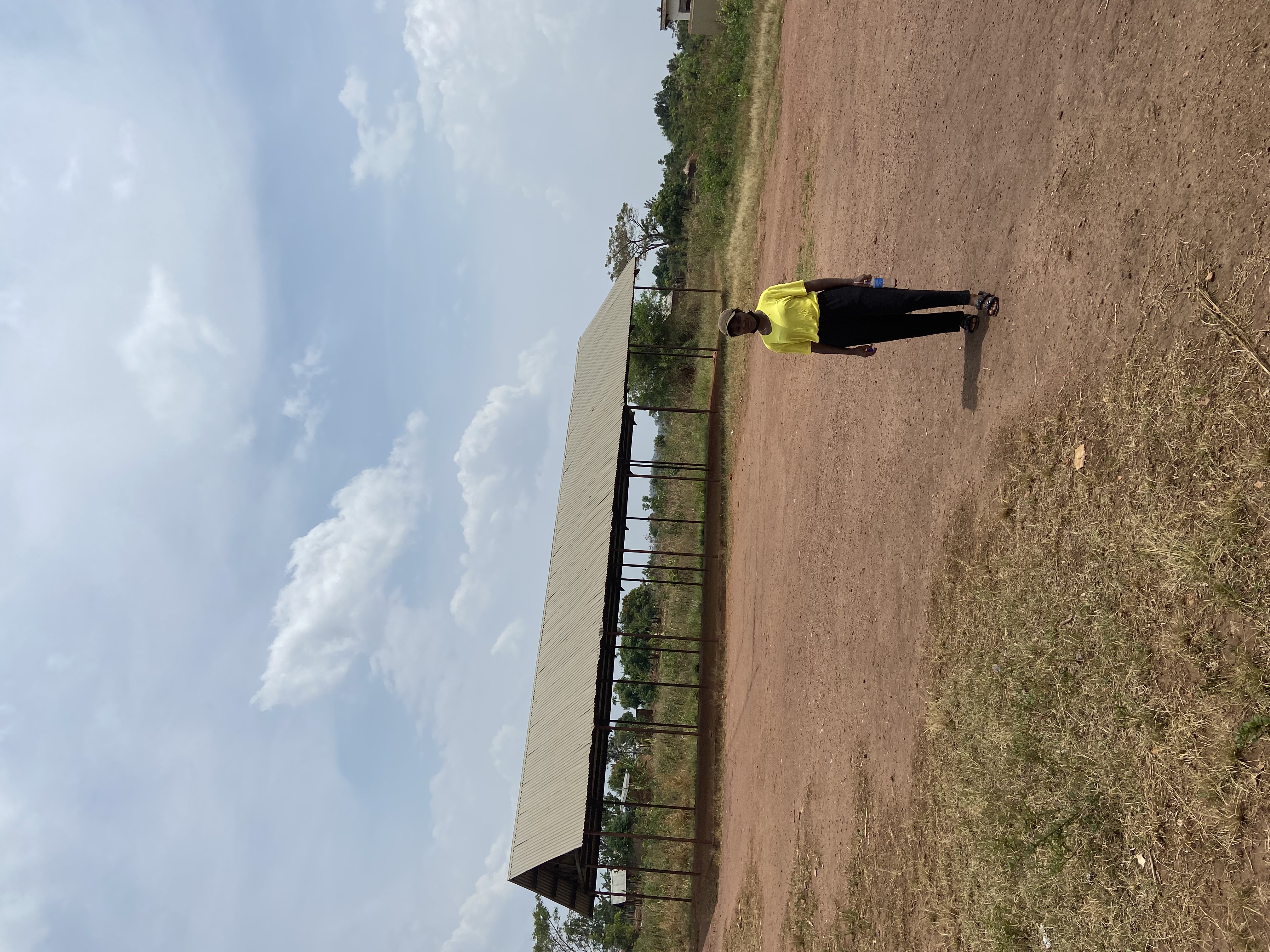
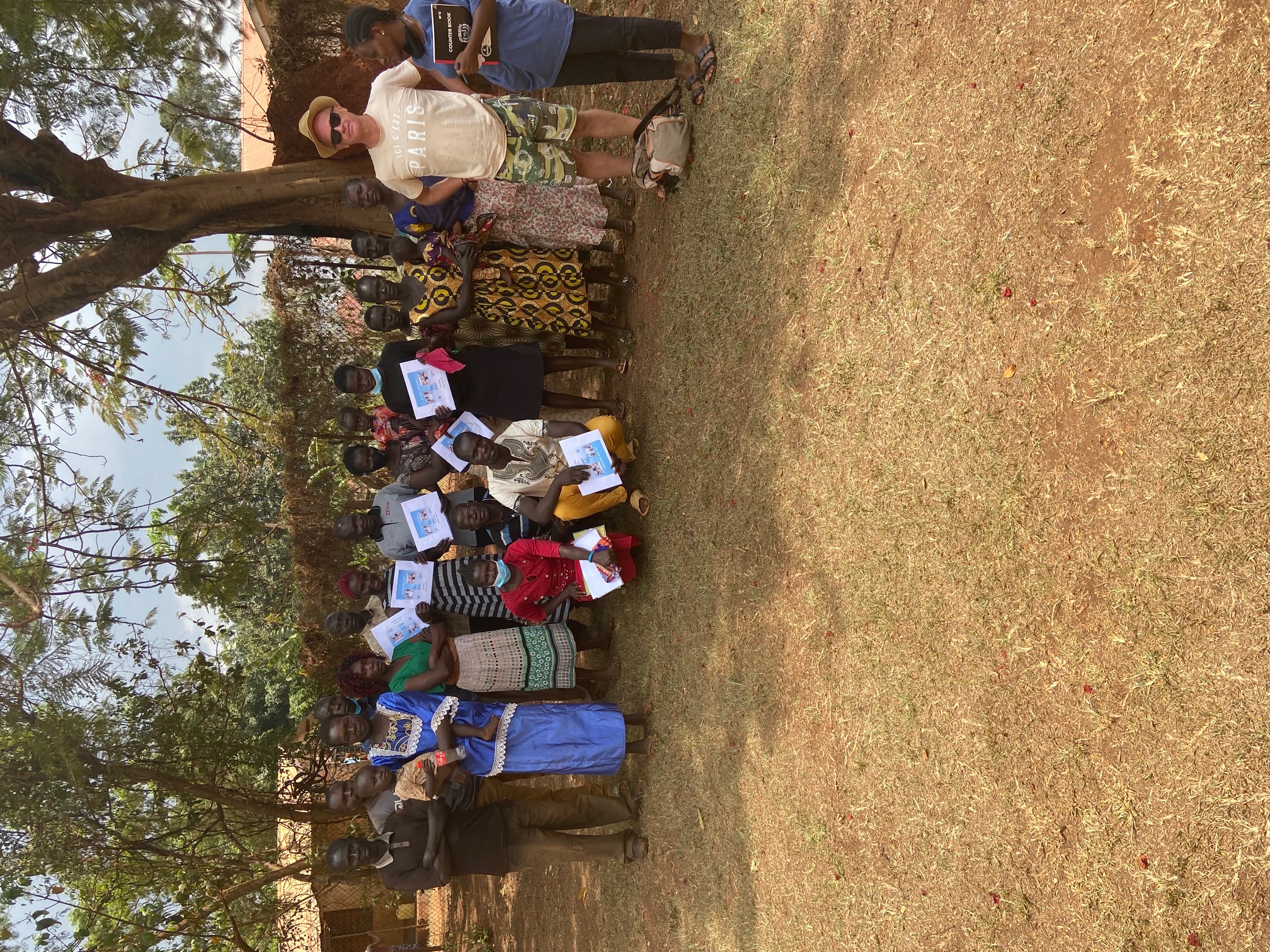
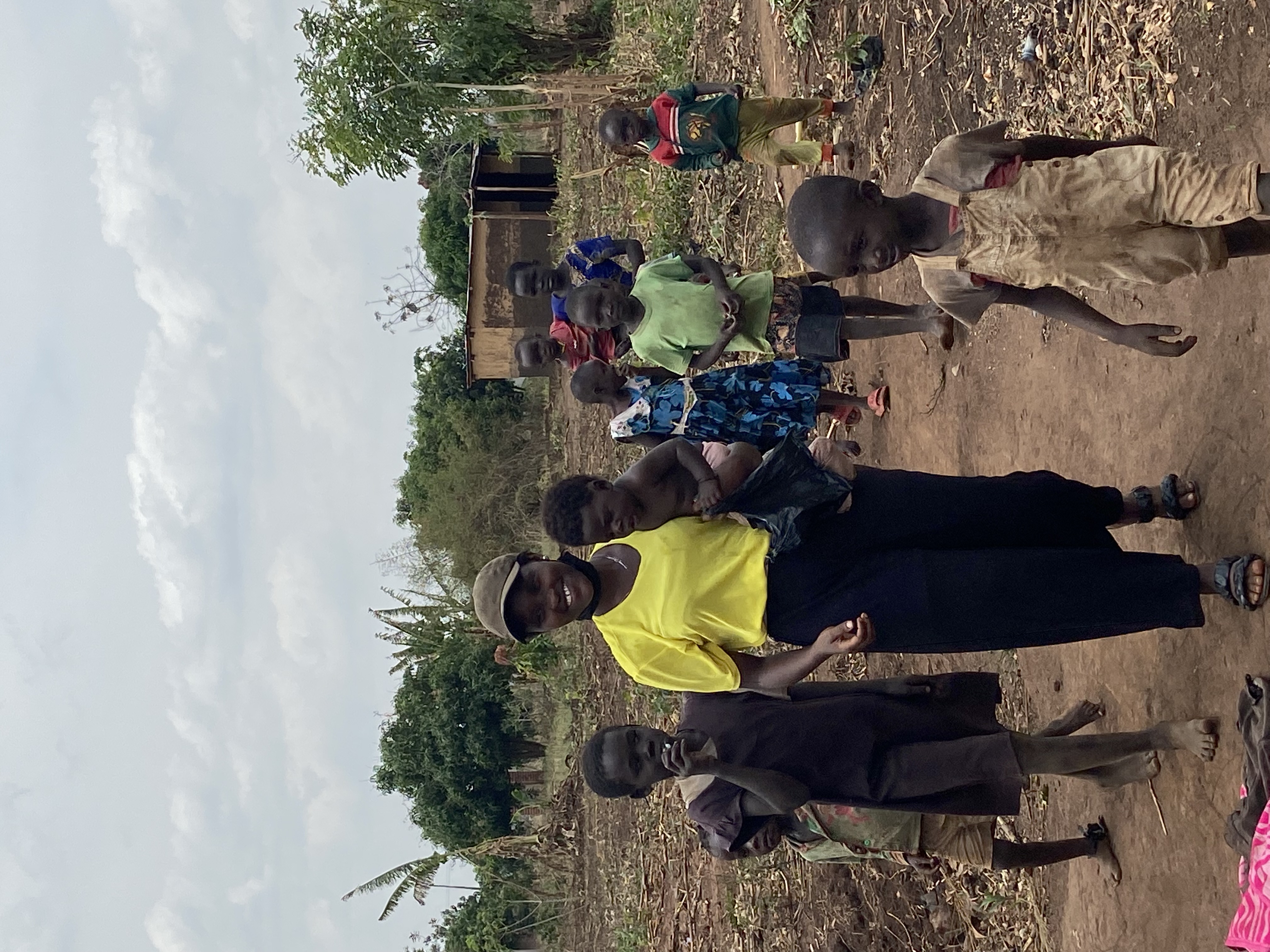
Special thanks to:
- Dr. Jude Lubega - Vice Chancellor / Nkumba University
- Dr. Maggie Kigozi – Director Crown Beverages / Pepsi
- Mr. Douglas Asiimwe - AG Commissioner Refugees / Office of the Prime Minister, Uganda
- Mr. Stephen Bogere - Assistant Settlement Commandant/ Kiryandongo Refugee Settlement / United Nations High Commission for Refugees
- Mr. Eric Gayi - Visual Artist
- Mr. Charles Kaggwa - Dean of the School of Commercial Industrial Art and Design (SCIAD) Nkumba University
- Catherine – International Development Studies graduate and awesome daughter
Partners
